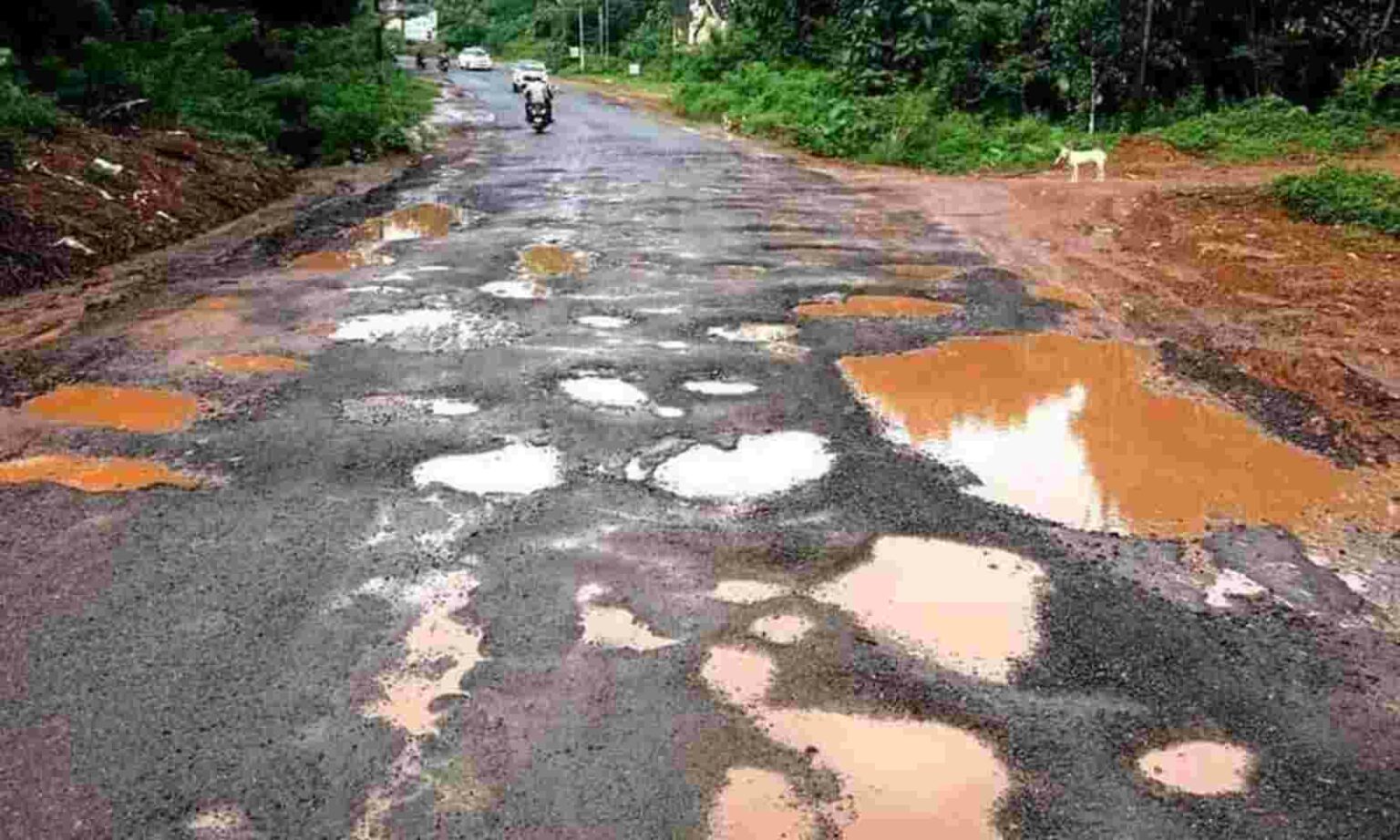Deaths from potholes are fairly frequent and have been on the rise. The absence of road maintenance would be the main cause of this. Potholes are a natural occurrence that cannot be avoided, however, pothole deaths can be avoided by adopting the necessary precautions.
Potholes impede traffic and result in egregious fuel waste. This ultimately contributes to the air pollution that people are already experiencing major health issues. Additionally, the existence of these potholes is a major cause of accidents.
These collisions may be severe enough to harm people’s bodies and lives, or they may only have an impact on how cars and tyres operate. As a result of the Karnataka High Court hearing a 2015 petition pertaining to the bad state of Bangalore roadways, Bangalore’s failing infrastructure has once again hit the news.
The countless potholes that are death traps for vehicles and the sewage pipes that back up into the roads during heavy rain are issues that residents have long brought up with the government.
A similar commotion occurred when people had to cross water that was knee-deep during the recent August rainstorms. Prior to this, in June, severe rains in Bangalore caused a 14 km stretch of recently reconstructed roadways by the Bruhat Bengaluru Mahanagara Palike (BBMP) to cave in.
Potholes action fund:

With a budget of 23 crores, the roads were renovated, but they soon began to give way. 0:00 / 0:00 The High Court heard the case filed seven years ago and addressed the ongoing situation of the city’s inadequate roadways in light of numerous similar recurrent occurrences casting doubt on the BBMP’s efforts.
The civic organisation was given ten days by the division bench of Justice S Vishwajith Shetty and Acting Chief Justice Alok Aradhe to completely patch over 200 potholes in the main routes.
The Karnataka High Court set a deadline for the Bruhat Bengaluru Mahanagara Palike (BBMP) to repair the city’s potholes on Monday, September 19, as Bengaluru’s deteriorating infrastructure has come into the spotlight over the past several weeks under the non-stop rain.
The bench then requested a rough deadline for patching the potholes. They say, “You answer with the number 221. You are urged to be sincere. How many craters?” After more questioning, the lawyer revealed that there were 221 potholes on main routes, with an additional 2,500 or so on arterial roads.
Based on this statement, the court instructed the BBMP to use a hot mix to fill the potholes in the main roads within ten days. For the record, they have also requested that the BBMP submit a compliance report regarding the patching of the potholes together with the photos prior to the next hearing date.
The court has ordered the civic authority to follow the deadline of September 30, according to The Print. If they do not take the required action by then, orders will be issued in accordance with that. The attorney was also questioned over the websites and grievance cells that track citizen complaints about potholes in the roads.
Clean road, It’s a Citizen rights
The hearing came to a successful conclusion with the bench communicating that citizens have a right to have roads free of potholes and that the BBMP has a duty as a statutory body to maintain and repair those roads.
The first and foremost is the suggested improvements for the government agency in charge of building these roads. The public works department is responsible for making sure that these roads and streets are built properly and with high-quality raw materials.
It is frequently discovered that the materials utilised in buildings are of inferior or subpar quality. This might be the result of a lack of resources, care, skill, etc. It must be properly considered that the government must be in control of funding these organisations and must not let poor or ineffective tendering to jeopardise the quality of the raw materials used.
For the shoddy construction and construction plan, highway engineers and management must be held responsible. The constructions themselves, how they are built, and other factors could lead to flawed builds. In order to function effectively and submit reports to the government, highway engineers are required. The government must also monitor how these engineers and authorities are operating.
Hence, the government must set up a toll hotline for reporting concerns about road maintenance, and pothole accidents, and giving the necessary support to these commuters/passengers right away. The roads must be routinely maintained and monitored by government officials.












